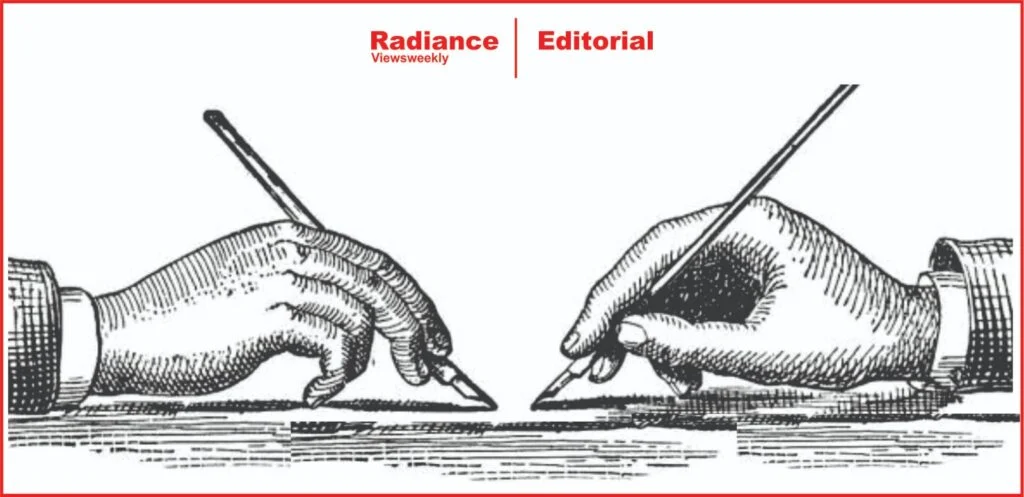The recent incidents involving prominent figures such as Dr. Ali Khan Mahmoodabad and Fouzia Tarannum, Deputy Commissioner of Gulbarga, coupled with controversial decisions like the Assam government’s move to distribute arms licenses in six districts bordering Bangladesh, have deepened the sense of insecurity among a vast section of Muslims in India. These are not isolated developments; rather, they add to a long, painful continuum of experiences faced by the community since Independence. Despite the alarming nature of these events, a section of political and community leaders continues to paint a misleading picture of empowerment and progress, often echoing the narrative of the ruling dispensation.
The truth, however, remains unsettling. Islamophobia, communal targeting, and systemic marginalisation are neither new nor rare. From mob lynchings and hate speeches to the vilification of interfaith relationships under the guise of “love jihad” and the overt communalisation of news by segments of the media, the evidence of increasing alienation is both overwhelming and heart-breaking.
This persistent state of distress and melancholy is not just a social or emotional issue – it is a national concern. A community subjected to repeated trauma, exclusion, and fear cannot be expected to participate meaningfully and confidently in nation-building. Psychological insecurity translates into lost potential, unutilised human resources, and an overall weakening of the country’s social fabric.
And yet, despite this hostile environment, the Indian Muslim community continues to demonstrate resilience, commitment, and hope. Muslim girls are achieving remarkable academic success, often outperforming their peers in board examinations. Young boys are not only preparing for but cracking top-tier competitive exams such as the UPSC. Entrepreneurs, too, are forging ahead in various sectors, refusing to let social discrimination defeat their aspirations.
This paradox – of widespread marginalisation coexisting with quiet determination – reflects the unyielding spirit of the community. But this alone is not enough. It is imperative that the broader Indian society, political leadership, civil society organisations, and media platforms take this growing disquiet seriously. Instead of dismissing or downplaying the concerns of the Muslim community, there must be sincere engagement, inclusive dialogue, and active policy reform to address systemic biases and safeguard constitutional rights.
Moreover, the issue must not be confined to drawing-room discussions or token gestures. It needs to be addressed from the national stage to the smallest mohalla committee. Every citizen must recognise that when a significant section of the population feels disempowered and threatened, it weakens the democratic foundation of the entire nation.
India’s strength lies in its diversity. Let us not allow fear, prejudice, and misinformation to corrode this strength. Let’s ensure that every citizen, regardless of their faith, has the freedom and opportunity to contribute positively to the nation’s progress – with dignity, security, and pride.


